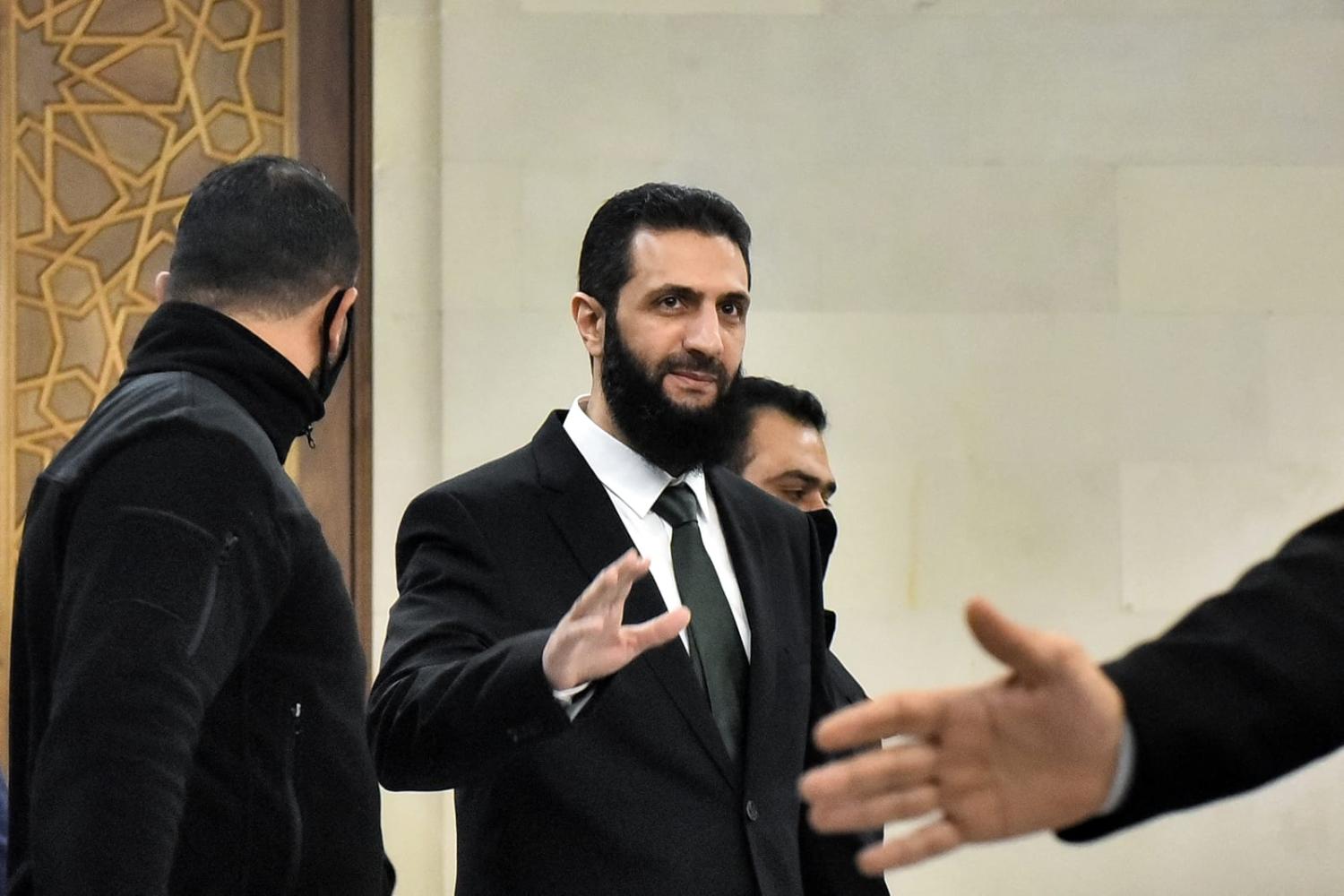Iraq has officially invited Syrian President Ahmed al-Sharaa to the upcoming Arab League summit in Baghdad, marking a significant step in thawing relations between the two nations. The invitation, extended by Iraqi Foreign Minister Fuad Hussein, underscores Iraq’s willingness to engage with Syria’s transitional government amid regional security concerns and political pressures.
Iraq’s Diplomatic Outreach to Syria
Iraqi Foreign Minister Fuad Hussein announced on Friday that Baghdad will invite Syrian President Ahmed al-Sharaa to the Arab League summit scheduled for May in the Iraqi capital. This marks Iraq’s first formal engagement with Syria since the fall of Bashar al-Assad’s regime and al-Sharaa’s rise as Syria’s transitional leader. Hussein emphasized that Iraq has no preconditions for dialogue but holds specific views on Syria’s political future.
An official invitation has already been sent to Syrian Foreign Minister Asaad al-Shibani, who is expected to visit Baghdad soon to discuss bilateral cooperation. Al-Shibani confirmed his intent to focus on border security and economic collaboration, signaling a potential thaw in relations strained by years of conflict and political instability.
Security Concerns and Counterterrorism Cooperation
Hussein highlighted the security challenges posed by ISIS militants in eastern Syria, warning that their proximity to Iraq’s borders threatens regional stability. He stressed the importance of Iraqi-Syrian cooperation to counter the resurgence of extremist groups. This shared security concern is expected to be a key topic during al-Shibani’s visit, alongside discussions on reopening key border crossings to facilitate trade and movement.
However, the invitation has sparked debate within Iraq, particularly among factions influenced by Iran-backed groups. Some Iraqi politicians, like Mashan al-Jabouri, argue that armed factions wield significant influence over Iraq’s Syria policy, complicating efforts to normalize relations. Despite these challenges, the invitation is seen as a symbolic step toward recognizing Syria’s new leadership.
The Status of Syrian Military Personnel in Iraq
Another critical issue on the agenda is the fate of approximately 200 Syrian military personnel who fled to Iraq following Assad’s ouster. These individuals, primarily stationed near the Al-Qaim border crossing, have been under close monitoring by Iraqi authorities. Their status is expected to be a focal point in upcoming talks, as both nations seek to address the humanitarian and security implications of their presence.
Political and Regional Pressures
The invitation to al-Sharaa has drawn mixed reactions regionally and domestically. While Iraq’s parliamentary foreign relations committee views al-Sharaa as enjoying broad regional and international support, the Shiite political bloc, the largest in Iraq’s government, has opposed the move. They argue that inviting al-Sharaa could exacerbate tensions with other Arab states and complicate Iraq’s diplomatic balancing act.
Additionally, al-Sharaa’s controversial past, including his designation as a “global terrorist” by the U.S. in 2013, adds another layer of complexity. Although the U.S. revoked the $10 million bounty on his head in December 2024, his legacy continues to influence perceptions. Iraqi sources suggest that resolving al-Sharaa’s legal and security issues in Iraq is a prerequisite for his attendance at the summit.
The Arab League summit in Baghdad represents a pivotal moment for Iraq and Syria to rebuild ties and address shared challenges. While the invitation to al-Sharaa signals a willingness to engage, domestic and regional pressures underscore the delicate nature of this diplomatic endeavor. As both nations navigate these complexities, the summit could serve as a platform for fostering greater cooperation and stability in the region.


